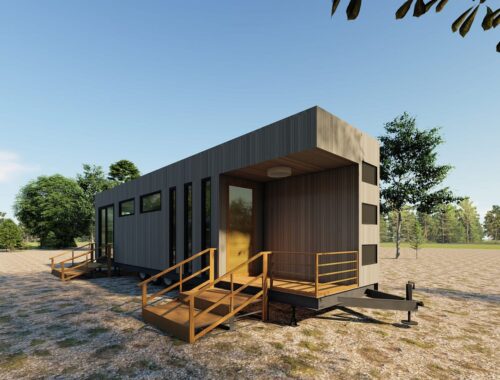Plan focuses on disabilities of the elderly
New framework to assist institutions in evaluating ailments of older adults
China has established a framework to help elderly care institutions evaluate the disabilities of older adults and provide tailored services, the National Health Commission said on Tuesday.
The move is aimed at addressing the rising demand of care for the elderly who live with chronic disabilities, a swelling group that has exceeded 40 million in recent years, according to Jiao Yahui, deputy chief of the commission’s medical administration and supervision department.
“A wide range of health institutions, from large hospitals and community clinics to nursing homes and rehabilitation centers, are encouraged to evaluate the disability levels of their senior clients based on the framework,” she said, adding that assessment results will be used to assist caregivers in designing or altering aged care services.
The newly released framework is also expected to shed light on the emerging long-term care insurance policy, which covers a niche of caring services excluded from regular healthcare insurance, such as assisted living and long stays at nursing homes, said Liu Hongjian, an official with the China Banking and Insurance Regulatory Commission.
In China, the policy was proposed by the Ministry of Human Resources and Social Security in 2016 and is now under trial in 15 cities across the country. Nearly 46.5 million people had enrolled in the trial program as of the end of last year.
“Insurance companies will be able to develop a variety of products based on the framework, which provides a uniform and clear standard on the classification of disabilities and types of care services that can be offered at these elderly care institutions,” Liu said.
According to the framework, there are five levels of disabilities for people aged over 60. The levels are determined by the seniors’ ability to perform daily activities and participate in social events as well as their mental health, perception and communication skills. Debilitating conditions such as Alzheimer’s disease and Parkinson’s disease are also taken into consideration.
Jiao added that the commission has also incorporated mental health checkups and consultations as well as therapies that incorporate traditional Chinese medicine into a list of recommended services for the disabled elderly, in addition to traditional service categories that include bathing assistance and dispensing medication.
China has nearly 250 million people aged 60 or over, accounting for about 18 percent of the population, according to data released by the National Statistics Bureau in January.
That number is set to climb to 400 million by 2035 and 500 million, or 35 percent of the total population, by 2050, according to estimates from the World Health Organization.
The growing elderly population has strained the country’s aged care services. As a result, China has adopted a raft of measures to expand access to quality elderly care services and increase supervision over the booming industry.
On Aug 19, the China Gerontological Nursing Alliance was established in Beijing to compile efforts from healthcare institutions, research centers and enterprises to help authorities draft new regulations and standards for the elderly care industry.
Click Here: Newcastle United Shop
Xi Huan, chairman of the alliance, said it will soon set up more detailed action plans based on the framework and promote implementation among its members.
You May Also Like

AI in Fashion: Revolutionizing Design, Shopping, and Sustainability for a Smarter Future
March 1, 2025
ユニットハウスのメリットとデメリットを徹底解説
March 20, 2025